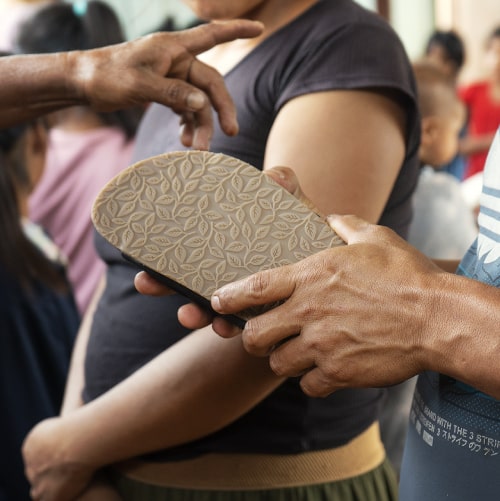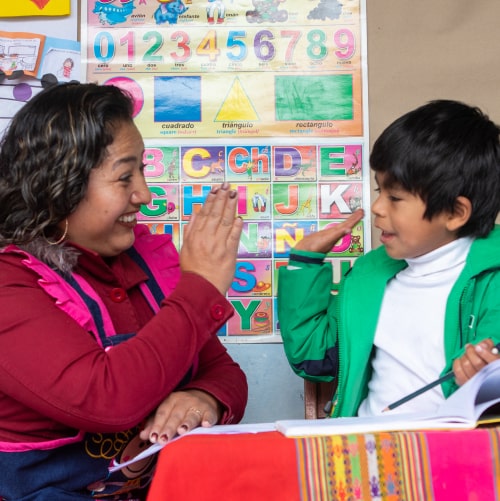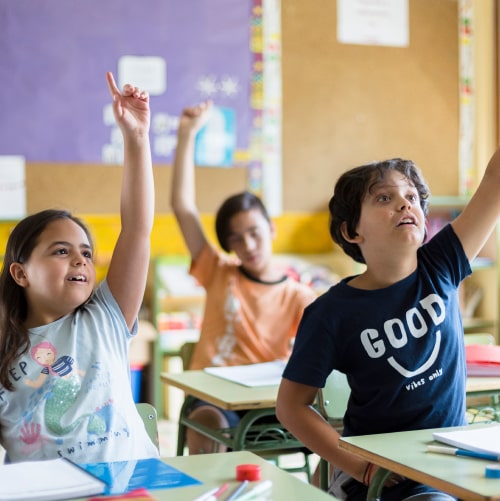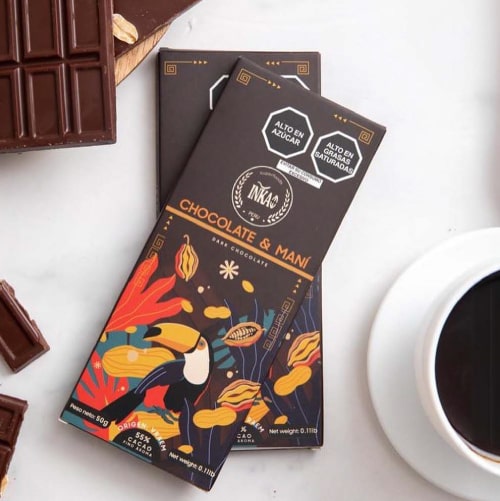Artisans from the district of Magdalena de Cao participated in this new fashion collection, inspired by the principal character of the El Brujo Archaeological Complex.
Estrafalario, one of the ventures of the Wiese Foundation’s Entrepreneurship Fund, presented on Wednesday, December 15, “Lady of Cao, Legacy of Power”, its new fashion collection inspired by the principal figure of the El Brujo Archaeological Complex.
Ingrid Claudet, general manager of the Wiese Foundation, Valery Zevallos, founder and CEO of Estrafalario, Karina García, representative of the artisans of the district of Magdalena de Cao, and others were present at the event.
Ingrid Claudet highlighted the work of the artisans of the district of Magdalena de Cao and assured them that the commitment of the Wiese Foundation to this area of the northern part of the country “will be maintained and strengthened”.
“We will do many more things together! Therefore, this beautiful collection represents only one example, albeit a very meaningful one, of what we can achieve by working together with the community. This, in turn, aligns perfectly with the sense of responsibility taken on by the foundation with the operation of the El Brujo Archaeological Complex”, said the general manager of the Wiese Foundation.
Claudet also reflected on the end of the activities scheduled for what has been the first cohort of social businesses of the Entrepreneurship Fund, highlighting that a second edition will be coming, evaluating the possibility of connecting the program to themes of identity and cultural heritage.
“These have been three intense years of learning and living, together with the members of the cohort, various experiences of mutual fortification during the pandemic. We are already working on the second generation of the Entrepreneurship Fund, reevaluating various aspects that need to be reinforced and capitalizing on many interesting opportunities for the second edition. We are considering the possibility of tying the program to themes of identity and cultural heritage, which is something that we have been doing at the Wiese Foundation for a long time”, emphasized Ingrid Claudet.
For her part, Valery Zevallos gave details about the work done with the Wiese Foundation through all this time in which she was a part of the Entrepreneurship Fund.
“Being a part of the Entrepreneurship Fund was one of the driving forces for executing our ideas and maintaining our promises. Winning this helped us to get to know the El Brujo Archaeological Complex and work with the artisans to create this wonderful collection”, said the CEO of Estrafalario.
Valery recounted that one of the greatest satisfactions that her brand, Estrafalario, has brought her, in addition to the social impact that it provides, is that relatives of the inmates at the prison with whom she has worked have come to her shop just to buy products created by them and in this way establish, in some way, a connection with them.
“One of the most positive actions that we have received during this time, is that children of the inmates of the prison have come, who are in a situation of vulnerability. They have come to me many times to buy a handkerchief or a mask that is part of their mothers’ projects. According to what they themselves have told me, in some way, it helps them feel closer to them”, confessed Valery.
Finally, Karina García, representative of the Association of Artisans of the Lady of Cao, in La Libertad, showed her gratitude for the work that the Wiese Foundation has been carrying out in the zone, through these and other projects.
“We are very grateful to Estrafalario and the Wiese Foundation for putting us in their sights. Thanks to them we have learned techniques such as grooved and knotted tapestry and more, that we have used in our products and that are now on display here in Lima, in this venture. It has been an innovative project, because even though we know about the history of our lands, we didn’t know so much about the textile-making that we have done”, indicated Karina García, reflecting upon the knowledge acquired.
“This legacy must continue and can’t stay here; it must be taught from generation to generation. We are going to embed all of this knowledge into the artisanal products that we offer in Magdalena de Cao”, added García.
The new fashion collection
“The Lady of Cao, Legacy of Power” is the result of the teamwork between the Wiese Foundation and Estrafalario, whose objective was focused on the recovery of pre-Hispanic textile-making techniques, inspired by the Lady of Cao, with the goal of reinserting this knowledge, practically forgotten, into the current market, through the creation of a fashion collection.
For the proper development of this initiative, the participation of the artisans and other neighbors of the district of Magdalena de Cao, the community surrounding the El Brujo Archaeological Complex, located in the province of Ascope in La Libertad, as well as the group of specialists and technicians from the institutions that promoted the initiative, was important. Also, the very professionals who house the archaeological collections of El Brujo participated, offering technical guidance to the project’s participants, with the objective of ensuring that the structures, techniques, and textile designs, taught in the workshops, had contextual and historic information to further enhance the learning.
The Wiese Foundation and the El Brujo Archaeological Complex
Since 1990, the Foundation has collaborated with the Ministry of Culture, completely assuming all work related to the research, custody, conservation, promotion, touristic management, and sharing of knowledge recovered at the El Brujo Archaeological Complex.
Through over 30,000 objects and various archaeological structures, constructed on the 100 hectares of its intangible area, this cultural space tells the history of the ancient Peruvian women and men who inhabited the Peruvian North Coast.
The Wiese Foundation’s Entrepreneurship Fund
The Entrepreneurship Fund is a platform for impactful investment that seeks to identify and boost formal businesses in Peru that have been created with the mission of addressing a social problem relevant to the most vulnerable communities, through their commercial operations.
About Estrafalario
Since 2017, Estrafalario has been acting as an agent of change, transforming the lives of women in vulnerable situations and co-creating versatile and environmentally conscious pieces with them. This venture offers a fair wage to its collaborators and uses organic recycled materials that are 100% sustainable.
Currently, Estrafalario Works with more than 43 inmates at the Chorrillos and Fátima Annex prison. In 2020, Estrafalario was one of the 4 social businesses invited to form part of the Entrepreneurship Fund of the Wiese Foundation.









